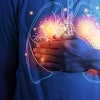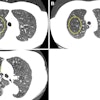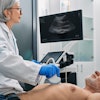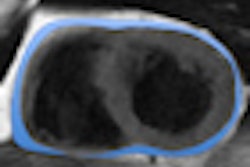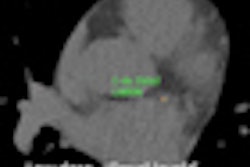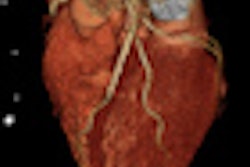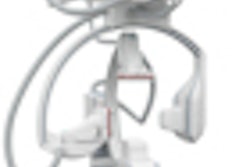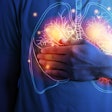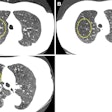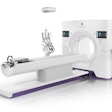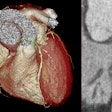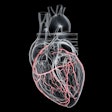Dear Cardiac Imaging Insider,
Fat isn't homogeneous, inert, or necessarily benign, say scientists who have explored the complex metabolic and endocrine effects of adipose tissue in the body. Fat responds to signals from hormone systems and the central nervous system, and secretes chemicals with key endocrine functions.
In the heart, epicardial adipose tissue can be a good player or bad actor for reasons that aren't entirely clear -- exhibiting thermogenic cardioprotective properties when it's behaving, and triggering secretions of proinflammatory cytokines when it's not.
And now, German researchers using MRI have found that major depressive disorder is linked to the presence of higher-than-normal volumes of epicardial adipose tissue (EAT). A team from Hannover, Germany, presenting at the RSNA 2012 meeting scanned two groups of depressed patients along with some normal volunteers to see how EAT levels varied among the groups, and learned how those levels related to other markers of obesity and cardiac risk. See what they found by clicking here.
In coronary CT angiography, researchers from the Netherlands wondered how well the technique performed in finding the most serious forms of coronary artery stenosis -- left main and three-vessel disease, which are certainly life-threatening, but known to respond favorably to revascularization. CT got high marks for finding nearly all of the most serious coronary artery killers. But something else it showed was rather disturbing. Click here for the rest of the story.
Low CT doses also had some unintended effects on coronary artery calcium results, according to another study, which found inaccurate calcium scores with a low-dose scanning protocol. But iterative reconstruction saved the day, in a story you'll find here.
We invite you to scroll through the links below for more important news in cardiac imaging, right here in your Cardiac Imaging Digital Community.
